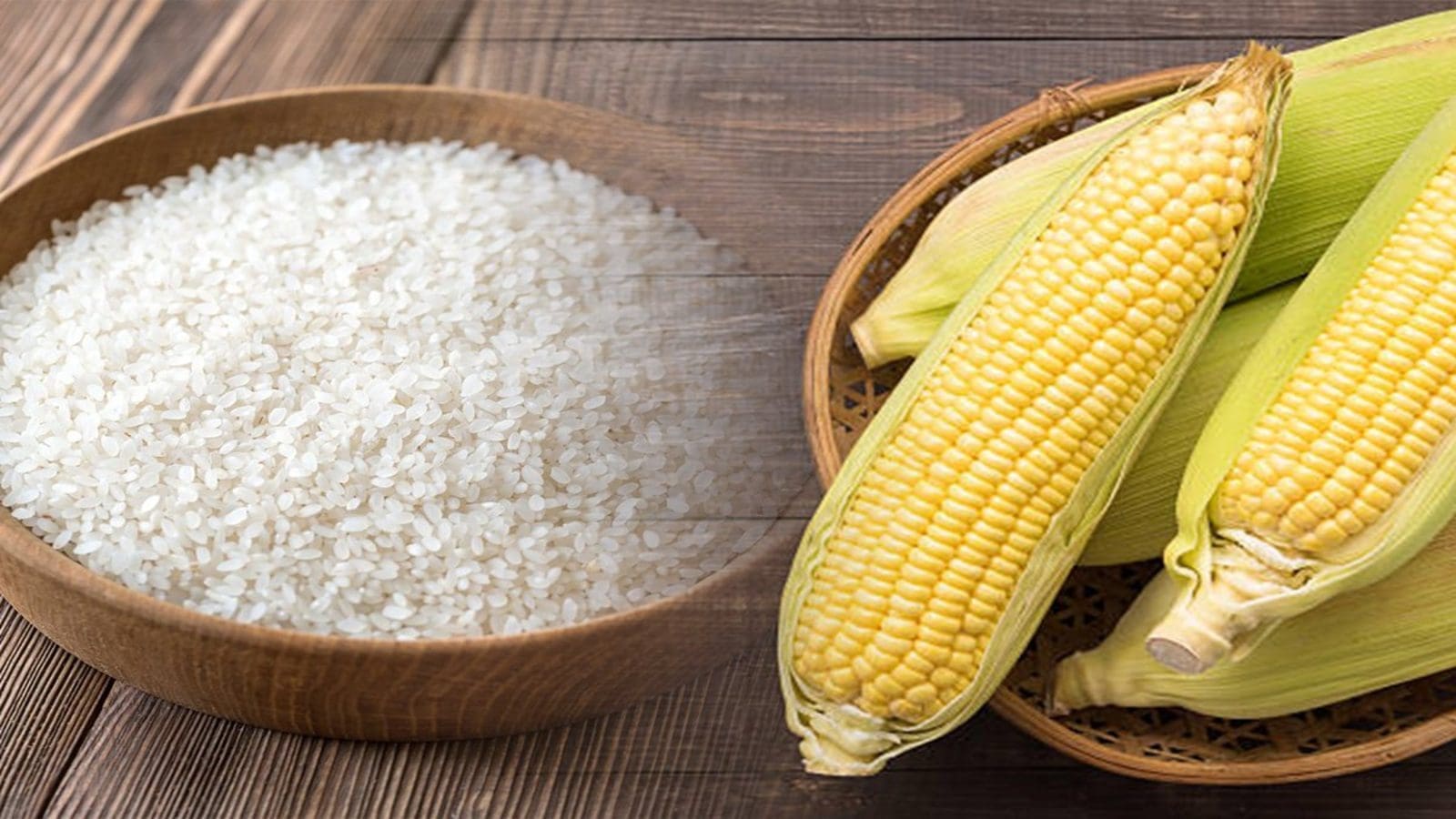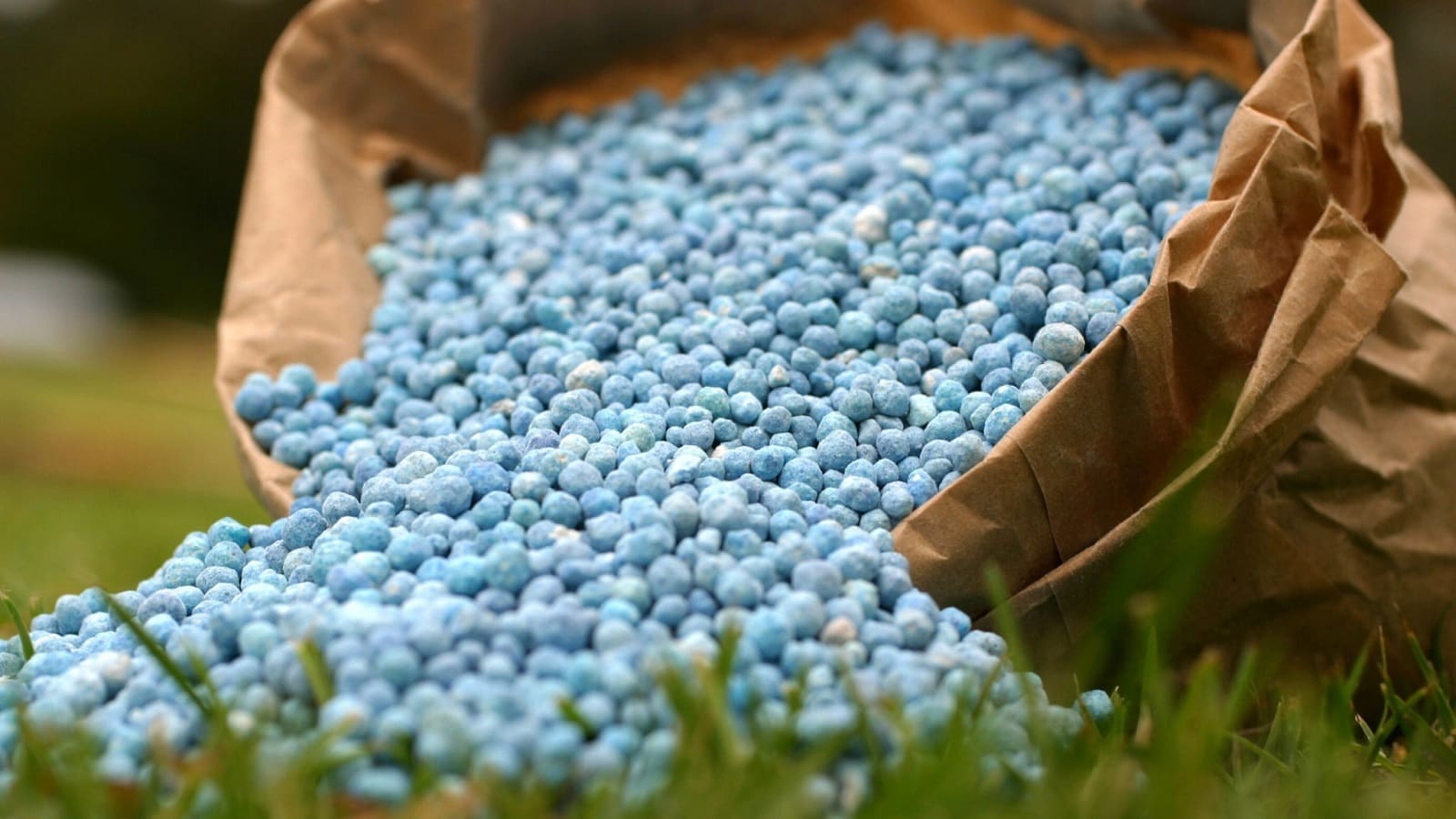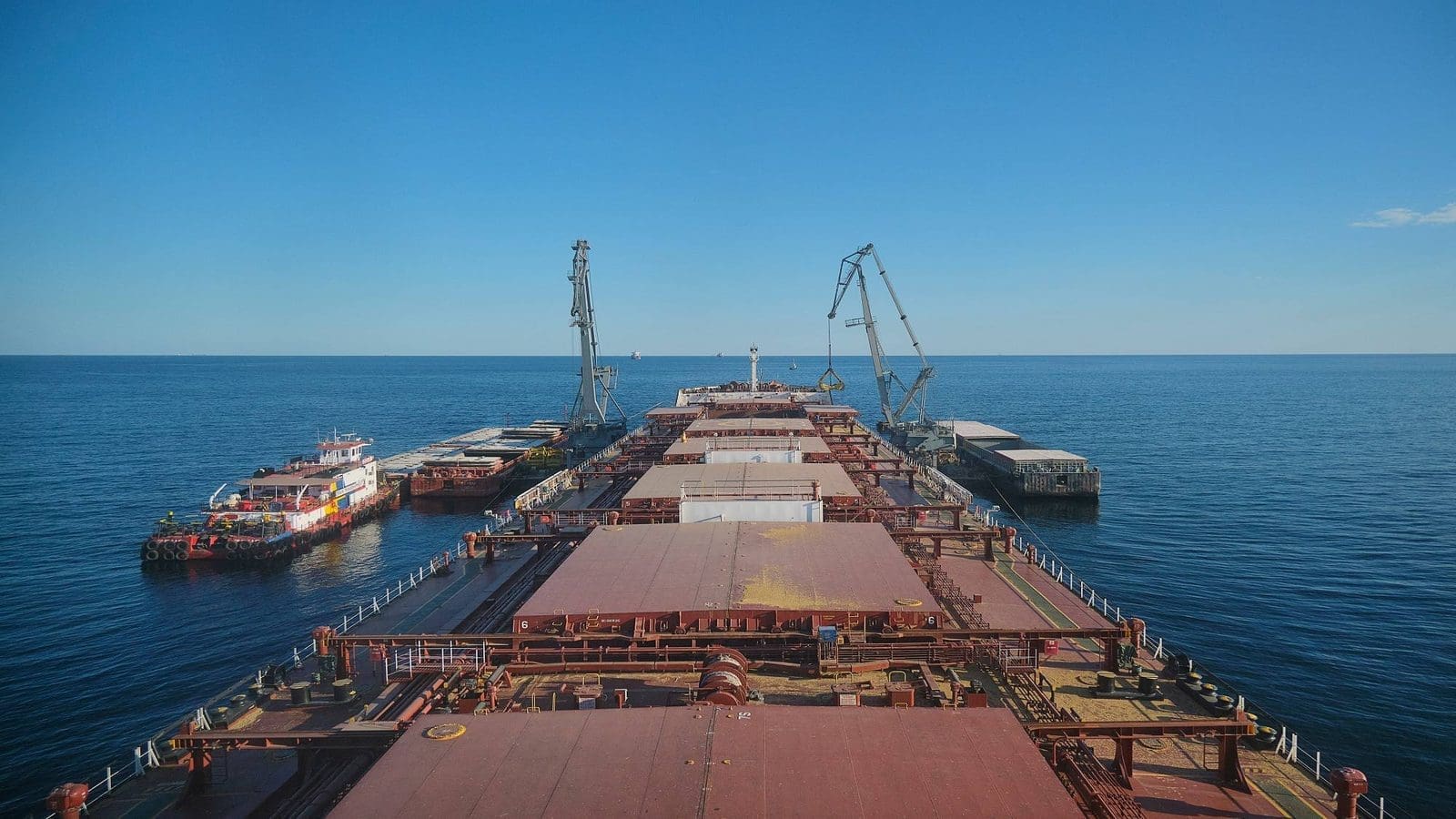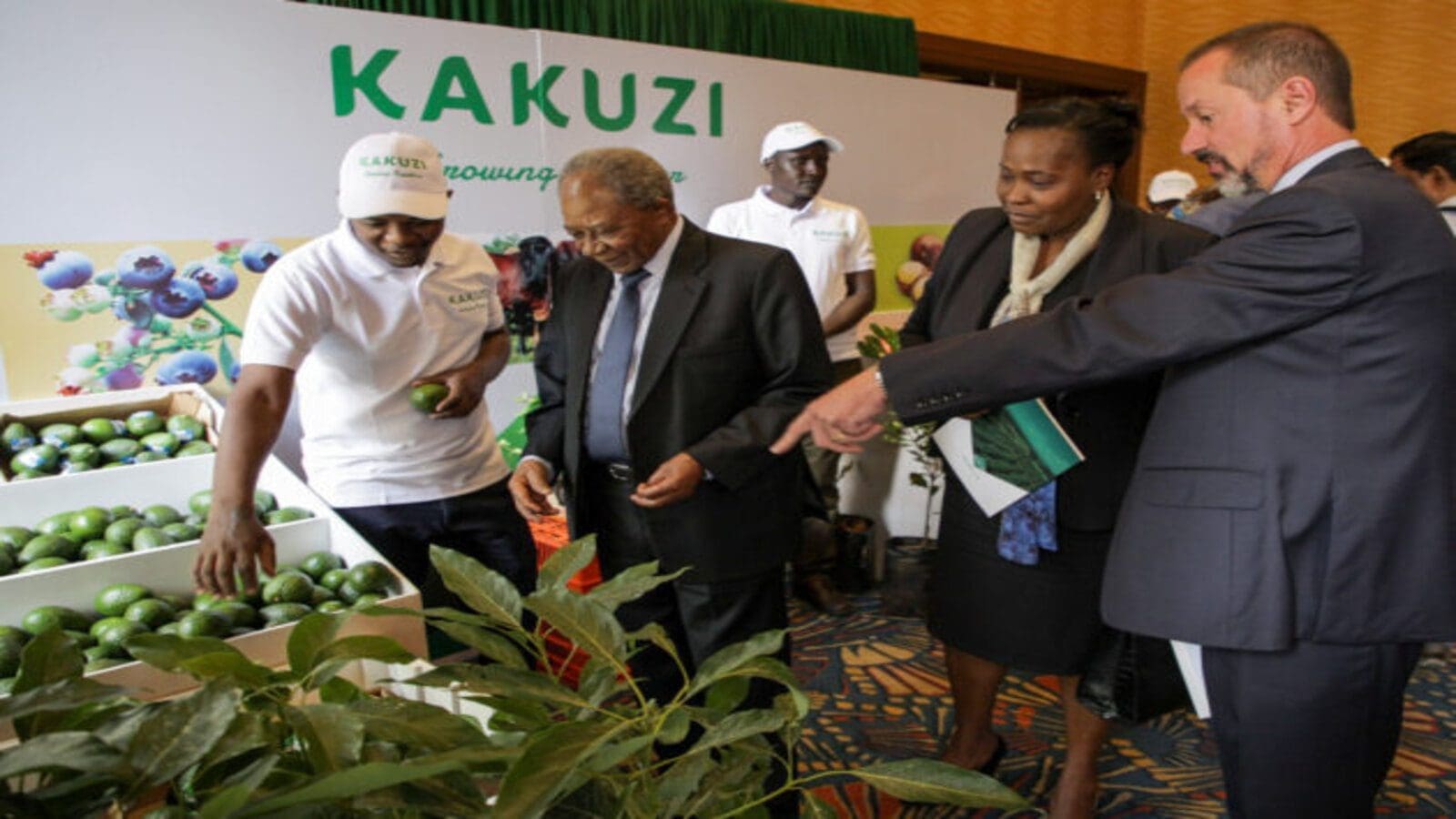RWANDA – The Rwandese Ministry of Trade and Commerce has announced a scrap of Value Added Tax (VAT) on essential foods amid increased food prices.
The directive comes at a time when food prices in Rwanda have increased by an average of 13.9 percent between January and December 2022.
According to The New Times, the directive took immediate effect as it came at a time when the government is scheming various interventions designed to further address soaring food prices on the market.
As a landlocked country, Rwanda has been hit hard by unpredictable weather conditions, the Covid-19 pandemic as well as the global rise in food prices driven by the Ukraine war which led to increasing in fertilizers and energy costs.
In addition, the World Bank reported that the country recorded a 2.1% decline in domestic food crop production in 2022 leading to historic high commodity prices.
The ministry said that the removal of VAT will apply to maize flour, and rice which also comes with a reduced-price seal for Irish potatoes on the farm and market as these foodstuffs are among Rwanda’s staple foods.
The New Times revealed that the removal of the VAT follows findings on the market that showed that many traders had randomly increased the above food prices to make extra-ordinary profits taking advantage of the economic crisis.
“After analyzing different reasons that have affected current food price increases and following discussions held with several public institutions and private sector partners, MINICOM would like to inform the public that the Value Added Tax has been waived off on maize flour and rice,” said Jean-Chrysostome Ngabitsinze, the Minister of Trade and Industry.
According to the statement, the traders have until Wednesday to set the proposed new prices which the ministry has already outlined.
For maize, the prices will be as follows: a kilogram of dry maize at Rwf500 (US$ 0.45) from about Rwf1,000, maize flour at Rwf800 from Rwf1300.
For rice, the price categories are as follows: short rice grains at Rwf820 from Rwf1200, long rice grains at Rwf850 from Rwf1500, and Basmati at Rwf1,455 from over Rwf2000 on the earlier market prices.
For Irish potatoes, which are also Rwanda’s most popular staple food, the prices have been fixed at Rwf460 (Kinigi) from Rwf700; Rwf440 for Kirundo Irish potatoes from Rwf650; the Twihaze type at Rwf430 from Rwf600; and the Peko Irish potatoes at Rwf410 from Rwf550.
Rwanda looks ahead to a reduction of food prices following the recent launch of a US$5.4M project aimed at enhancing food security through lessening losses.
For all the latest grains industry news from Africa, the Middle East and the World, subscribe to our weekly NEWSLETTERS, follow us on LinkedIn and subscribe to our YouTube channel










